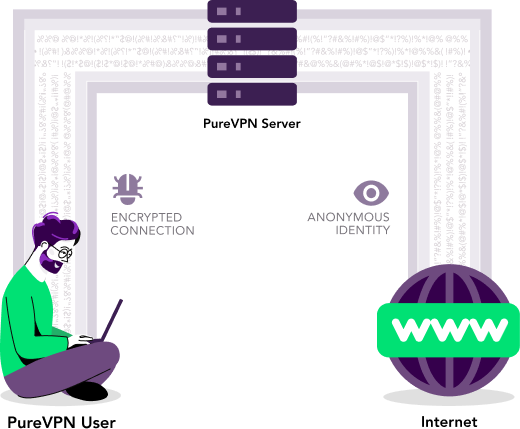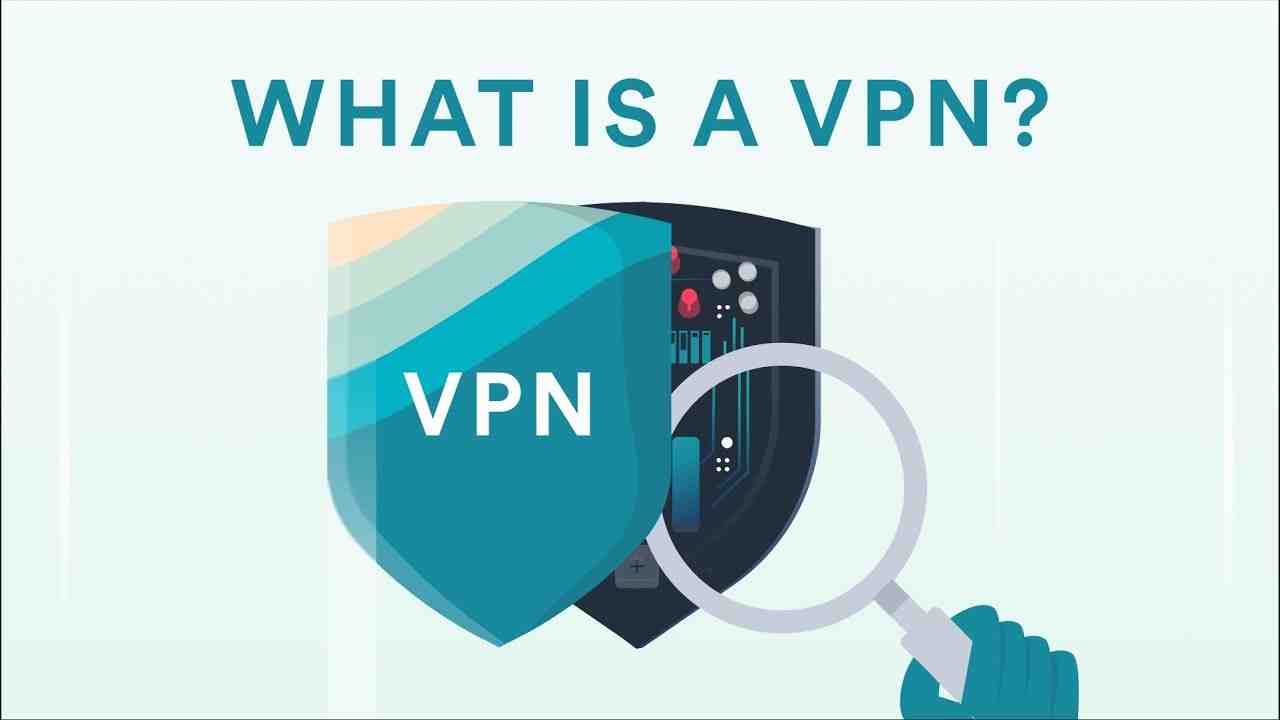GeoComply VPN detection service helps rights holders and streaming platforms stop those who are called geopirates. These are users who are able to bypass geographical restrictions using online tools. GeoComply currently blocks residential IP addresses used by VPN providers to bypass these restrictions. GeoComply describes it as an innovative technology.
VPN services can be a valuable tool for ensuring privacy online. They can also be used to bypass geo-restrictions.
This can be useful when someone needs to access the library of content through a streaming service in another country. Although this is usually against the terms of service, some VPNs promote this feature.
Blocking Geo-Pirates

The issue of geo-hacking is not new. Seven years ago, Netflix blocked VPN users. Other streaming services followed suit. These countermeasures work, but they are not perfect.
There are many ways VPN services have been able to bypass these blocking efforts. The majority of VPN providers keep their technical details secret, but it is commonly known that some VPN providers use residential IP addresses as proxy servers to make it appear as if VPN users are regular ISP subscribers.
These IP addresses are used to configure the connection to the streaming service. They are not usually connected to a VPN and therefore can be used to bypass blocklists.
GeoComply Blocks Residential IPs

This trick is well known by rights holders and streaming providers but it is a challenge to stop. This week, however, cybersecurity and VPN detection service GeoComply provided a solution. GeoComply unveiled an “industry first technology” for streaming services that “tightens the network of pirates”.
“GeoGuard’s new technology enhancement allows streaming providers to stop the growing number of VPN users spoofing their location with hijacked residential IP addresses,” the company writes in a press release.
GeoComply uses the term “robbed” IP addresses, which deserves some explanation. These addresses are often owned by users of free VPNs and proxy services that allow their connections to be sold. Most people don’t know that the terms of service agreements usually hide this resale right.
“Free VPN providers profit by selling hijacked residential IP addresses to the highest bidder, typically a provider of ‘undetectable’ premium VPN services. These services let users spoof their location using hijacked addresses,” GeoComply notes.
Users of the Hola VPN service agree that Bright Data will use their connections. Bright Data offers third-party access to residential IP addresses. This is a practice that has been used for many years, but most users do not know about it.
GeoComply announces that its GeoGuard service is now able to detect these “robbed” residential IP addresses, which will make it harder for VPN services to evade blocking measures.
“To stop this problem, we can now detect users who access streaming services using hijacked residential IP addresses to help support the territorial licensing model that our customers depend on,” says GeoComply’s James Clark.
Overblocking?

GeoComply estimates that 200 million internet users are “victims of residential proxy IP abuse”. This means there is a huge market for the new blocking ability, but there are also some downsides.
The blocking of IP addresses for residential use could result in streaming services being blocked by inexperienced users. This is what we previously observed when Netflix increased its VPN blocking capabilities to the point of being too extensive.
TorrentFreak contacted GeoComply and GeoComply informed us that their service can distinguish between VPN users using “spoofed residential IP addresses” and the actual owner of the address. While errors cannot be completely eliminated however, this will reduce overblocking.
All in all it is clear that GeoComply takes VPN blocking very seriously. GeoComply is also implementing new blocking capabilities and recently petitioned the US government for copyright protection under the DMCA to make VPN detectors mandatory.
